A master’s in ministry degree prepares students for several different careers in the Christian ministry. These include work as church ministers, chaplains, ministry directors, college or university professors, counselors, youth pastors, missionaries, religious writers, and more.
According to the Bureau of Labor Statistics, the median annual pay for clergy is $58,920. The National Center for Education Statistics reports that the average tuition for a graduate degree is $12,596 at public universities and $28,017 at private universities.
Students who study full-time can typically complete an online master’s in ministry degree program in two years, but accelerated programs are also available and may be completed sooner.
Why Trust Us
The Intelligent.com Higher Education Team is dedicated to providing students with independent, equitable school and program rankings and well-researched resources. Our expert-driven articles cover topics related to online colleges and programs, paying for school, and career outlooks. We use data from the U.S. Department of Education’s College Scorecard, the National Center for Education Statistics, and other reputable educational and professional organizations. Our academic advisory team reviews content and verifies accuracy throughout the year for the most current information. Partnerships do not influence rankings or editorial decisions.
- Analyzed over 2,000 national, accredited, and nonprofit colleges and universities
- 800+ rankings pages are reviewed and updated yearly
- Content is informed by reputable sources, surveys, and interviews with academic advisors and other experts
- Over 100 data points are reviewed for accuracy and quality throughout the year, including sources
How we rank schools
Our list features the best online Ministry degree programs at top colleges nationwide. Each school featured is a nonprofit, accredited institution — either public or private — with a high standard of academic quality for post-secondary institutions.
We evaluated each school’s program on tuition costs, admission, retention and graduation rates, faculty, reputation, and the student resources provided for online students. We collected data from trusted sources like the National Center for Education Statistics, individual school and program websites, school admissions counselors, and other data sources. Then, we calculated the Intelligent Score on a scale of 0 to 100 based on the following criterion:
Academic Quality:
- Admission rate versus enrollment rate
- Retention rate of students who return after year one
- Accreditation status (regional and programmatic)
- Nonprofit status, both private and public institutions
Graduation Rate
- Overall graduation rate
- Total number of currently enrolled students, including diversity metrics
- Student-to-faculty ratio
Cost and ROI
- In-state and out-of-state per-credit tuition rates and fees
- Required credits to graduate
- Earning potential after graduation
- Availability of federal student loans, scholarships, and other financial aid options
Student Resources
- Available student services for online-only and hybrid programs
- On-campus amenities like tutoring centers and the number of libraries
Read more about our ranking methodology.
Best 25 Accredited Online Master’s in Ministry Programs
FiltersInstitution Type
Status
- Intelligent Score
- Alphabetically By University Name
- Acceptance Rate
- Enrollment
- In-state Graduate Tuition
- Out-of-state Graduate Tuition
- In-state Undergraduate Tuition
- Out-of-state Undergraduate Tuition
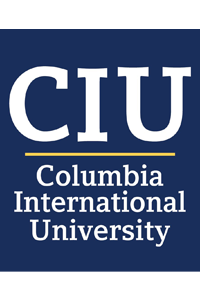
Columbia International University
Intelligent Score: 99.67In-state: $40,270
Out-of-state: $40,270
In-state: $44,032
Out-of-state: $44,032
SAT: 990-1160
ACT: 16-25
$600
Online, On-Campus
Association for Biblical Higher Education
42

Harding School of Theology
Intelligent Score: 98.32In-state: $21,000
Out-of-state: $21,000
In-state: $11,388
Out-of-state: $11,388
SAT: 1060-1290
ACT: 21-29
$750
Online
Higher Learning Commission
36

Northwest Nazarene University
Intelligent Score: 96.75In-state: $32,130
Out-of-state: $32,130
In-state: $10,836
Out-of-state: $10,836
SAT: 980-1190
ACT: 19-25
$575
Online
Northwest Commission on Colleges and Universities
40
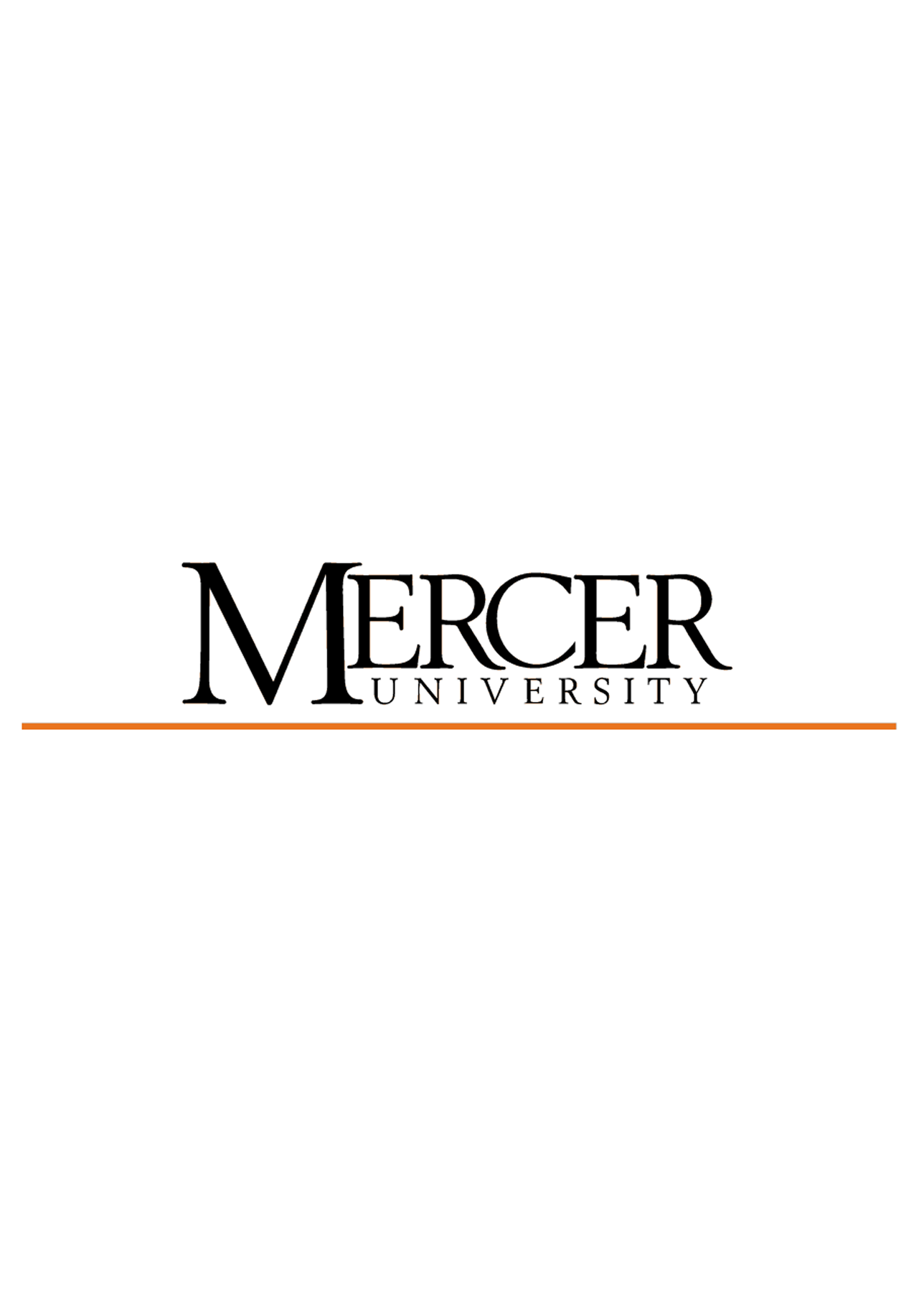
Mercer University
Intelligent Score: 96.32In-state: $28,695
Out-of-state: $28,695
In-state: $14,964
Out-of-state: $14,964
SAT: 1180-1340
ACT: 25-31
$525
Online
Southern Association of Colleges and Schools Commission on Colleges
38
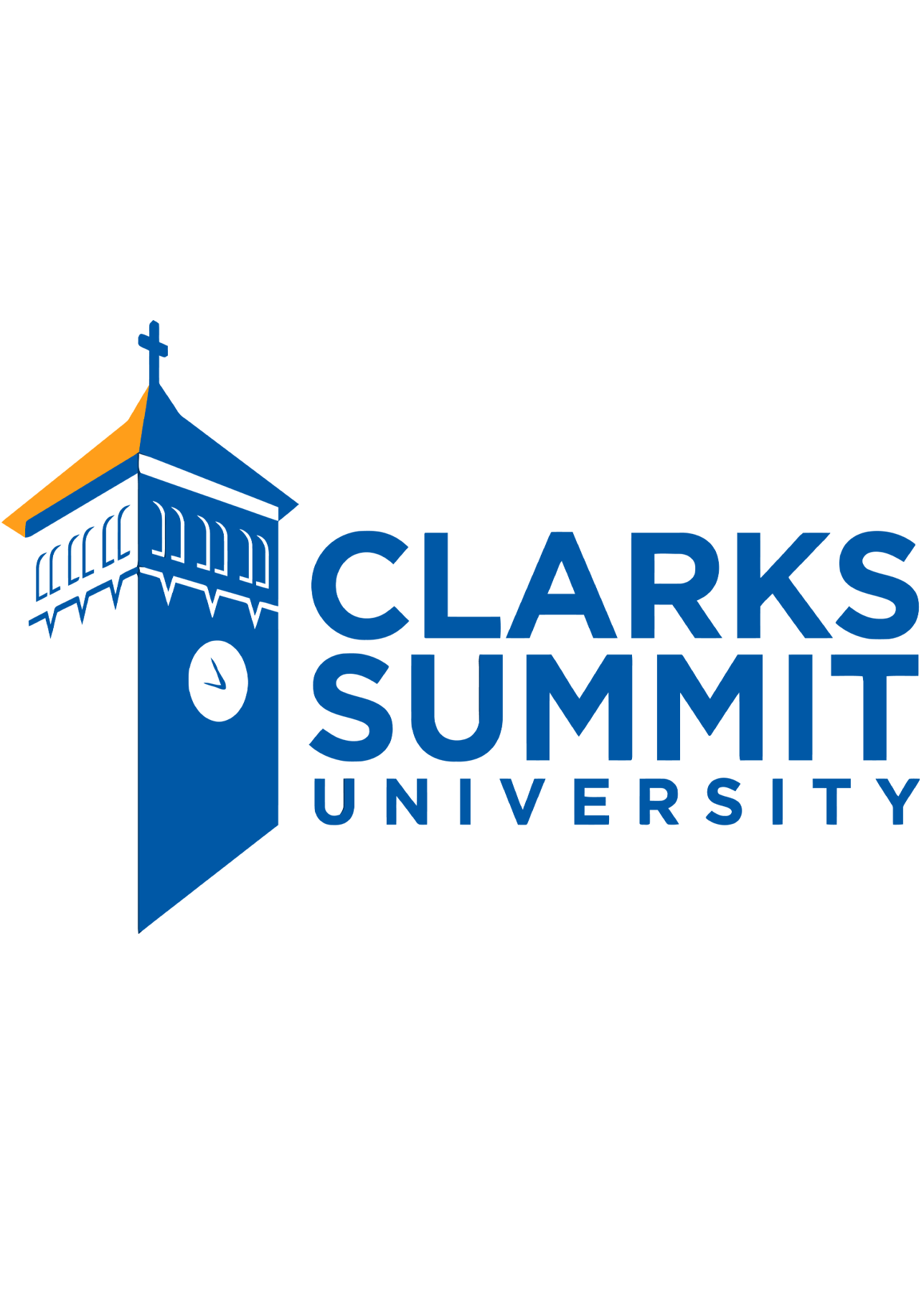
Clarks Summit University
Intelligent Score: 95.87In-state: $26,082
Out-of-state: $26,082
In-state: $8,280
Out-of-state: $8,280
SAT: N/A
ACT: N/A
$510
Online, On-Campus
Middle State Commission on Higher Education
30

Liberty University
Intelligent Score: 94.96In-state: $14,791
Out-of-state: $14,791
In-state: $7,935
Out-of-state: $7,935
SAT: 1040-1250
ACT: 21-29
$305
Online
Commission on Accrediting of the Association of Theological Schools
36
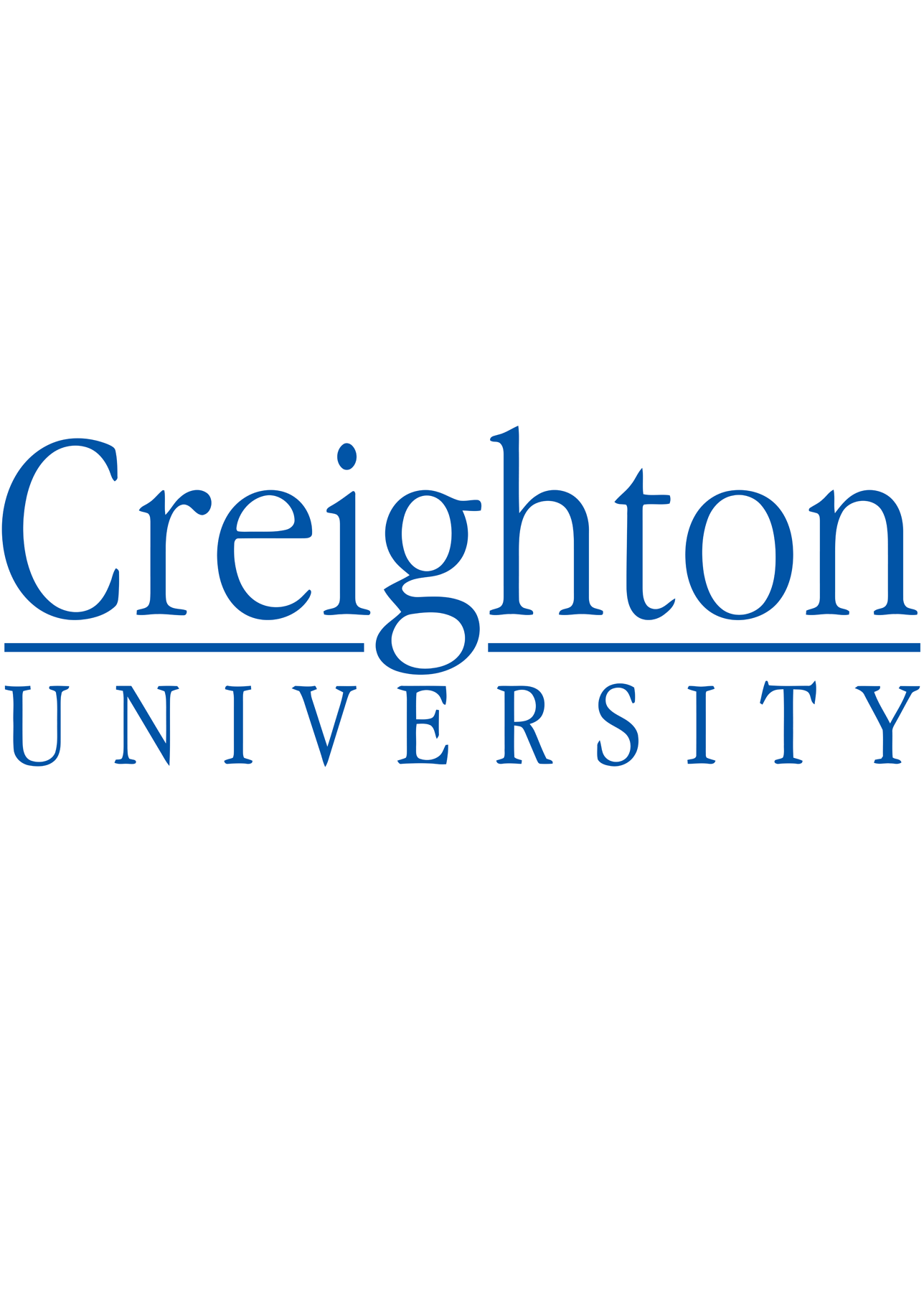
Creighton University
Intelligent Score: 93.63In-state: $41,176
Out-of-state: $41,176
In-state: $16,686
Out-of-state: $16,686
SAT: N/A
ACT: N/A
$1,000
Hybrid
Higher Learning Commission
33
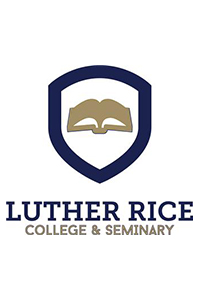
Luther Rice College & Seminary
Intelligent Score: 93.25In-state: $32,205
Out-of-state: $32,205
In-state: $28,773
Out-of-state: $28,773
SAT: Not Required
ACT: Not Required
$362
Online, On-Campus
Southern Association of Colleges and Schools Commission on Colleges
36

Hope International University
Intelligent Score: 92.95In-state: $33,250
Out-of-state: $33,250
In-state: $14,256
Out-of-state: $14,256
SAT: 930-1100
ACT: 18-24
$550
Online, On-Campus
WASC Senior College and University Commission
36
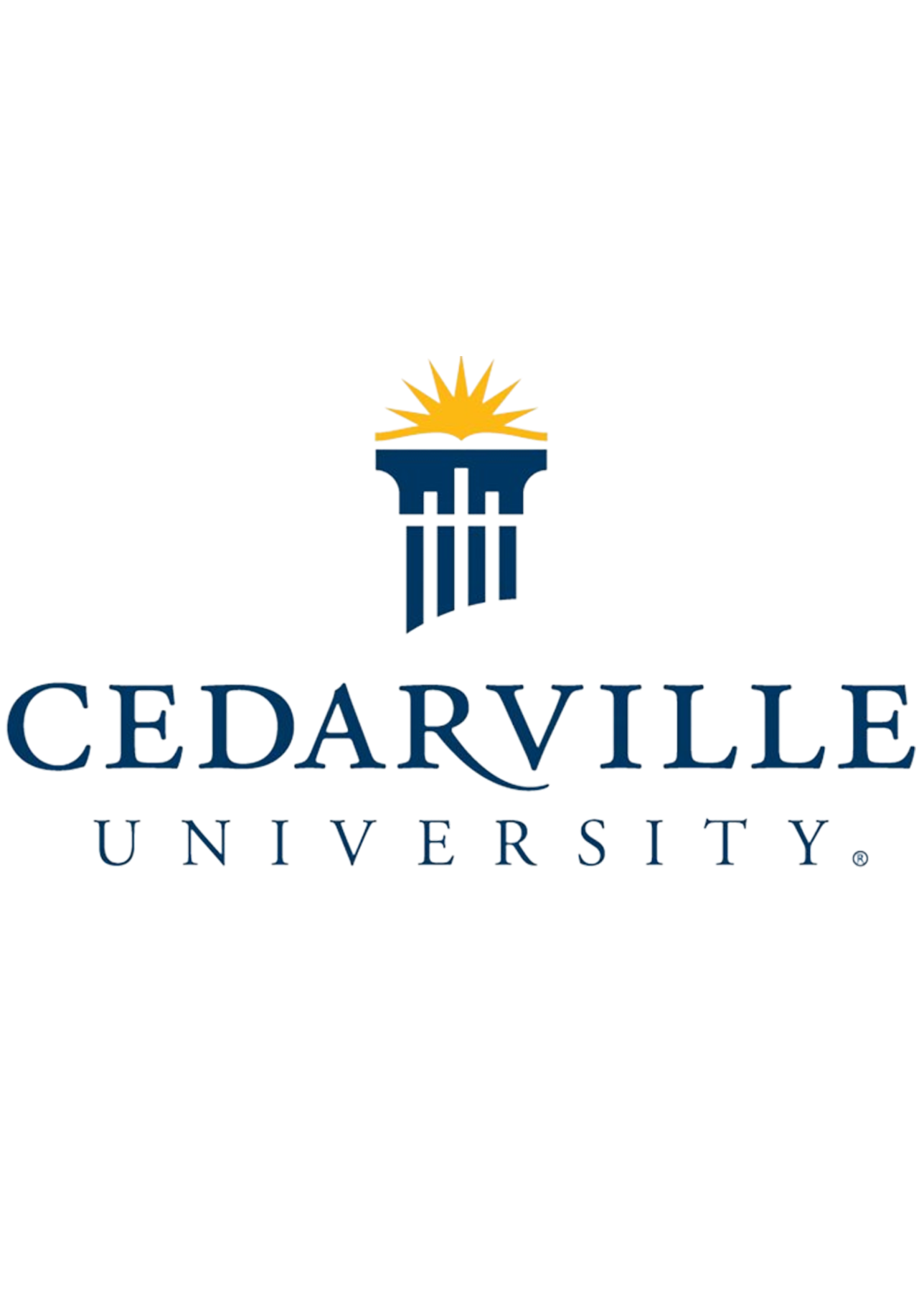
Cedarville University
Intelligent Score: 92.72In-state: $32,364
Out-of-state: $32,364
In-state: $9,065
Out-of-state: $9,065
SAT: 1110-1350
ACT: 23-30
$436
Online, On-Campus
Higher Learning Commission
38
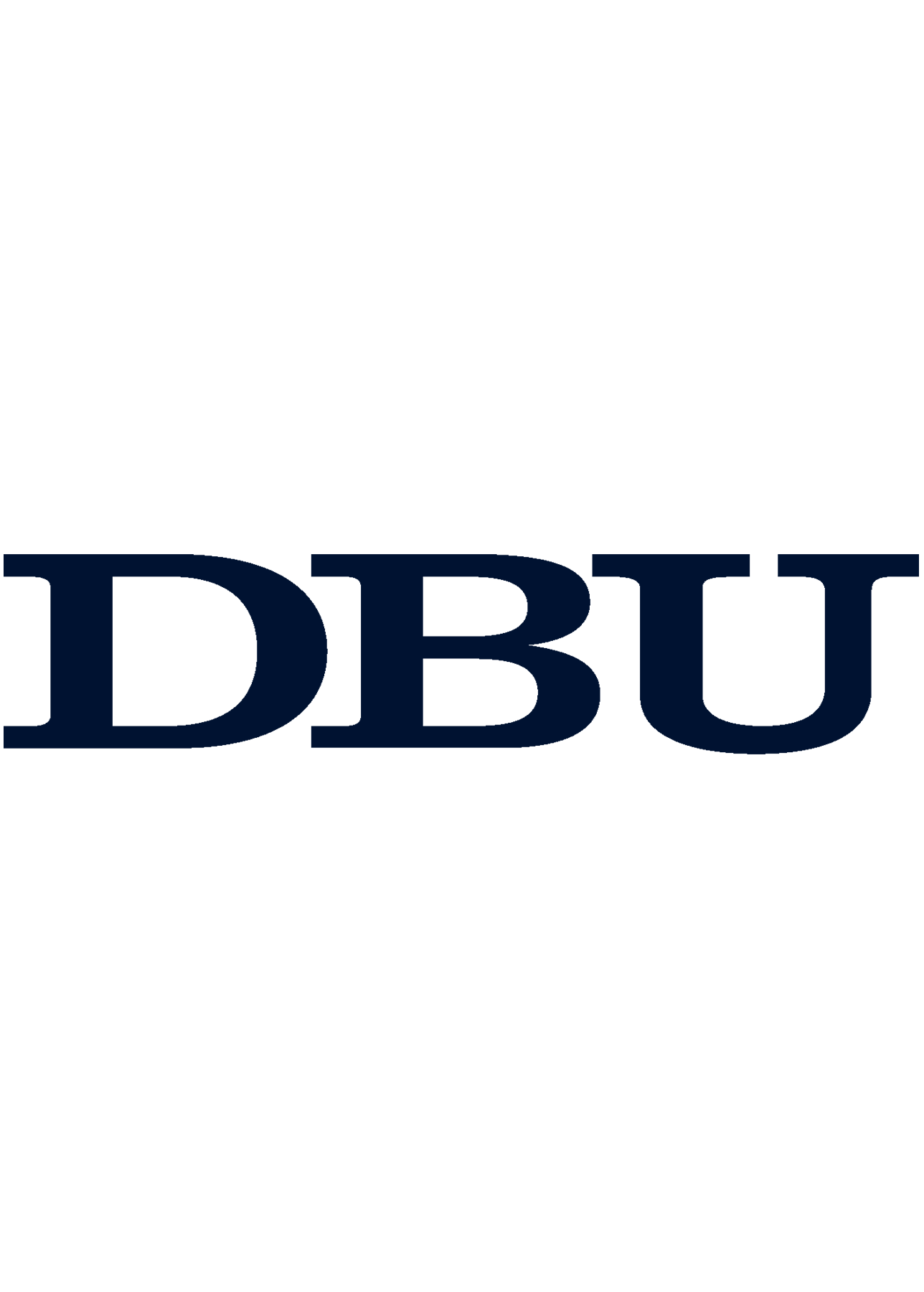
Dallas Baptist University
Intelligent Score: 92.68In-state: $30,690
Out-of-state: $30,690
In-state: $18,954
Out-of-state: $18,954
SAT: 980-1200
ACT: 20-27
$1,334
Hybrid
Southern Association of Colleges and Schools Commission on Colleges
36
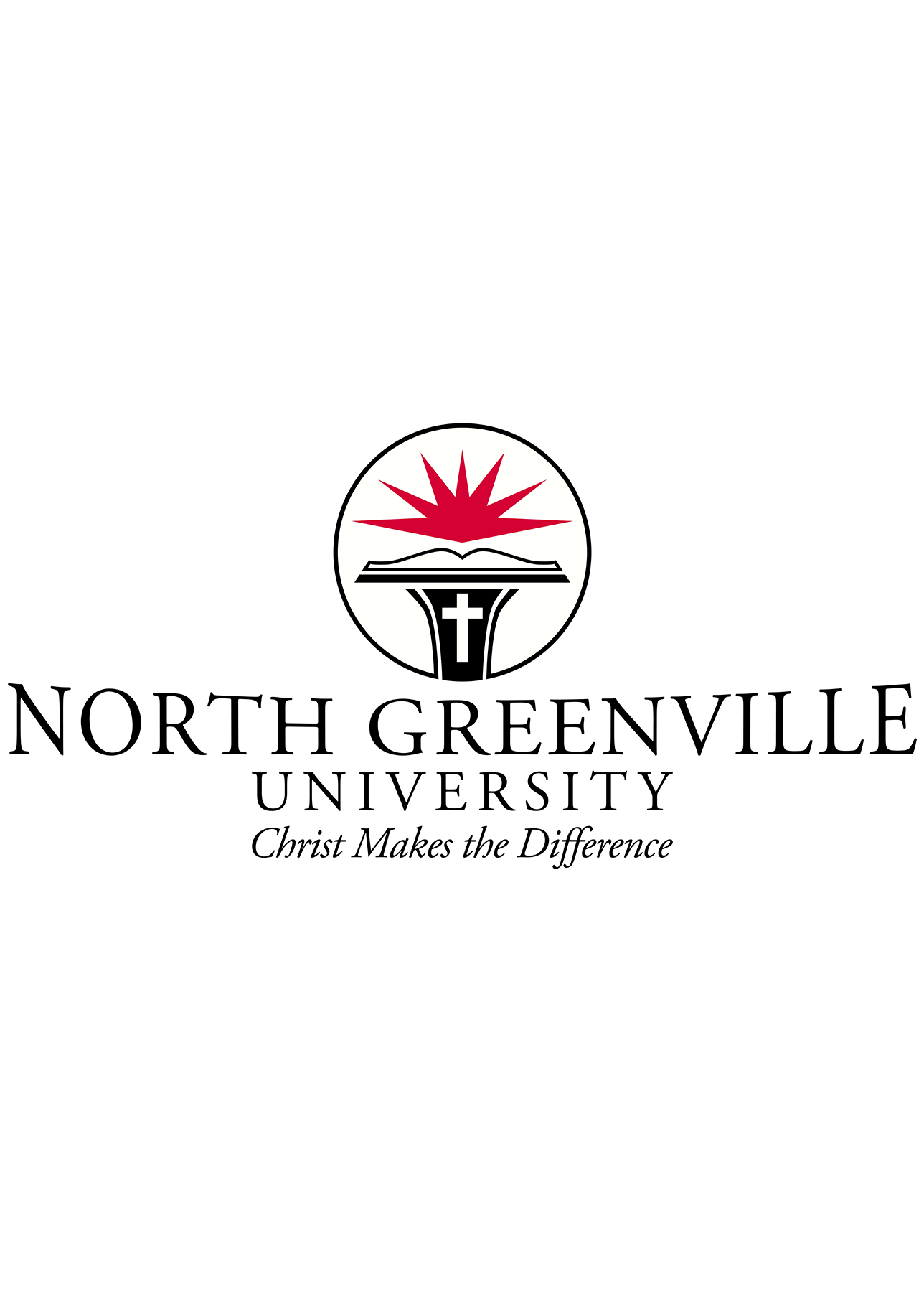
North Greenville University
Intelligent Score: 92.50In-state: $22,050
Out-of-state: $22,050
In-state: $11,400
Out-of-state: $11,400
SAT: 950-1210
ACT: 18-24
$415
Online
Southern Association of Colleges and Schools Commission on Colleges
36
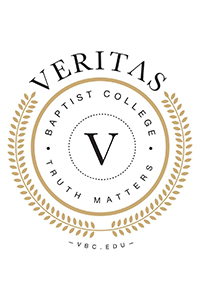
Veritas Baptist College
Intelligent Score: 91.96In-state: $32,576
Out-of-state: $32,576
In-state: $13,020
Out-of-state: $13,020
SAT: Not Required
ACT: Not Required
$399
Online
Transnational Association of Christian Colleges and Schools
30
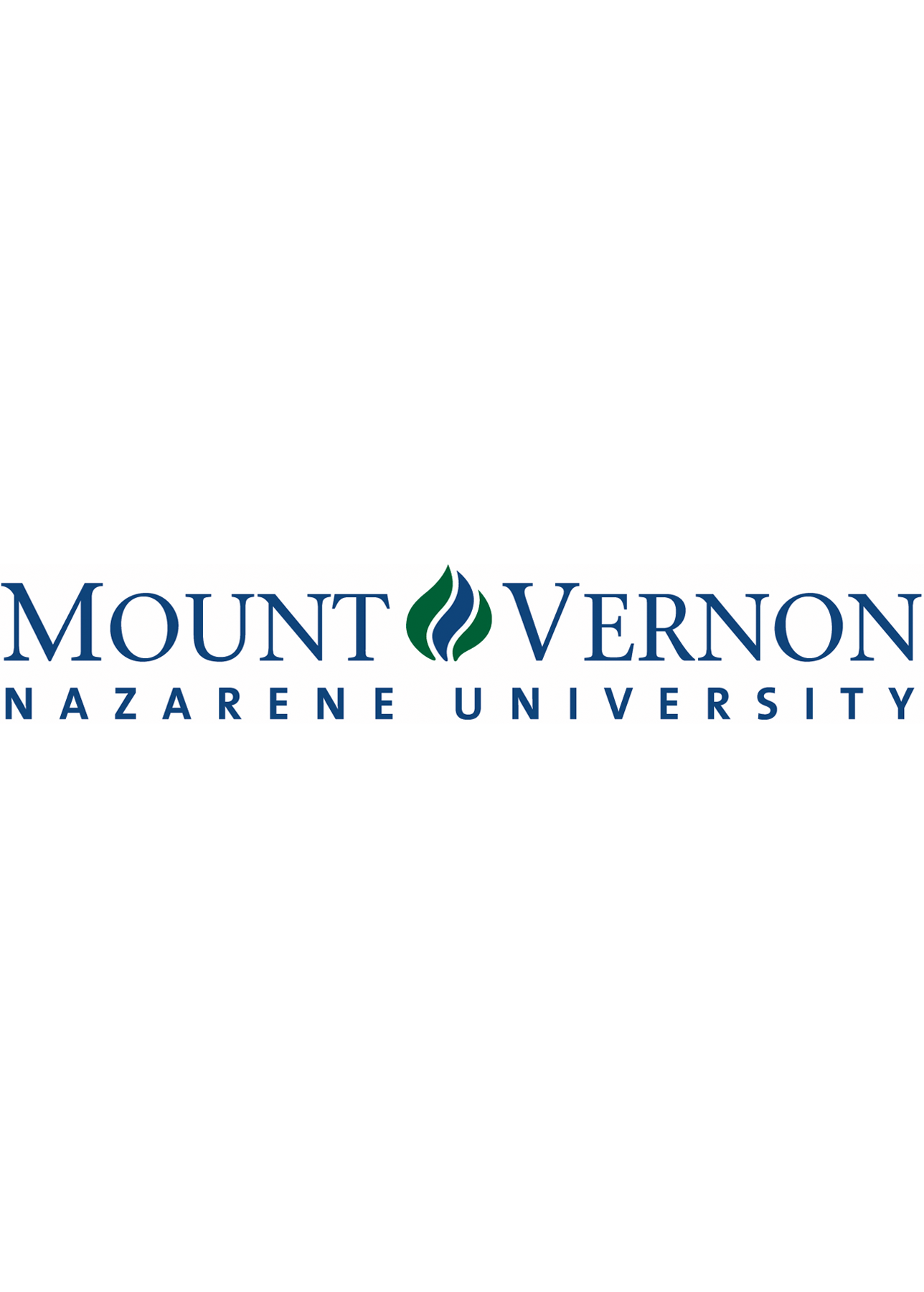
Mount Vernon Nazarene University
Intelligent Score: 91.71In-state: $22,400
Out-of-state: $22,400
In-state: $8,964
Out-of-state: $8,964
SAT: 980-1250
ACT: 19-26
$498
Online
Higher Learning Commission
30
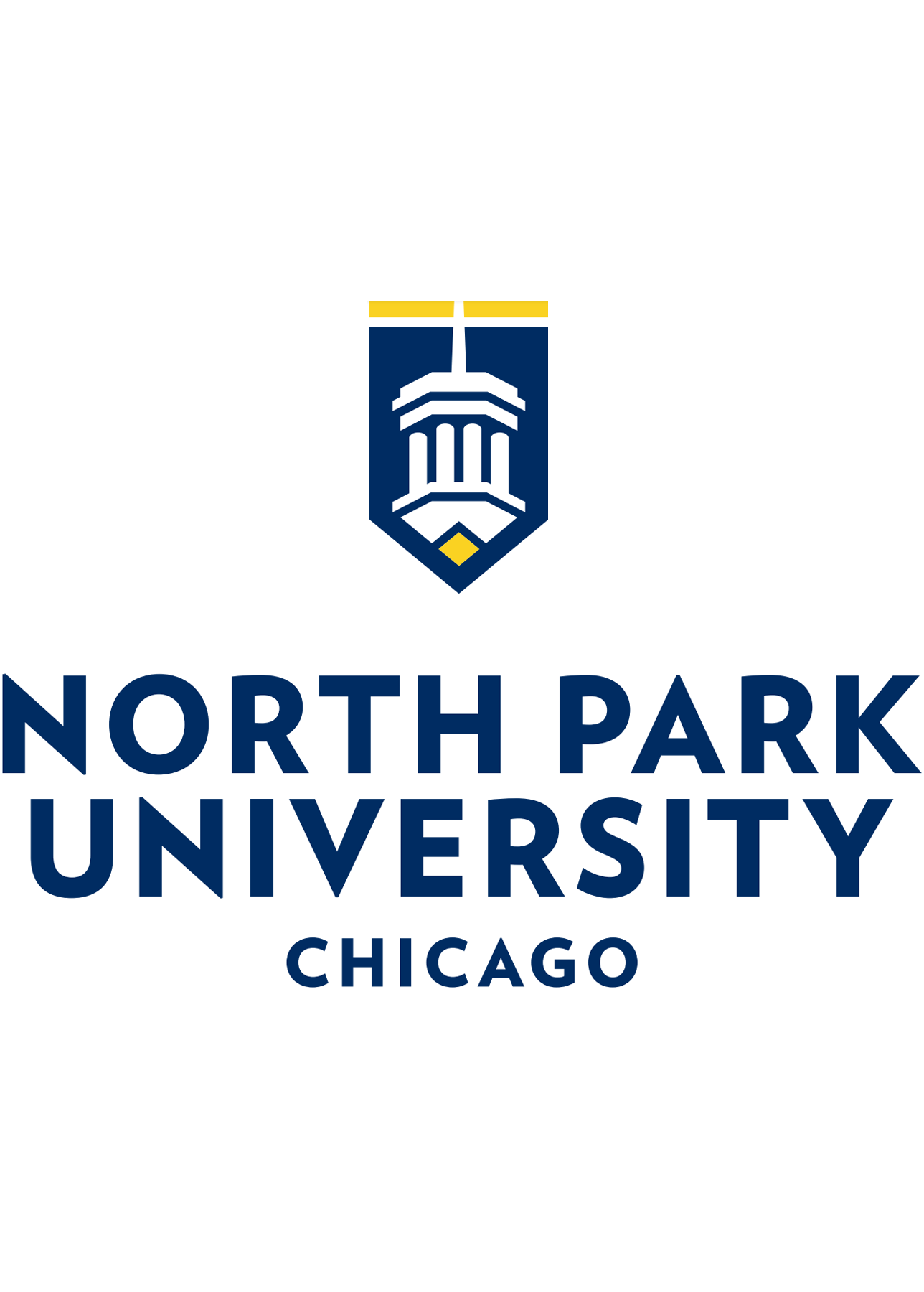
North Park University
Intelligent Score: 91.32In-state: $31,430
Out-of-state: $31,430
In-state: $13,896
Out-of-state: $13,896
SAT: 940-1122
ACT: 19-25
$600
Online, On-Campus
Higher Learning Commission
36
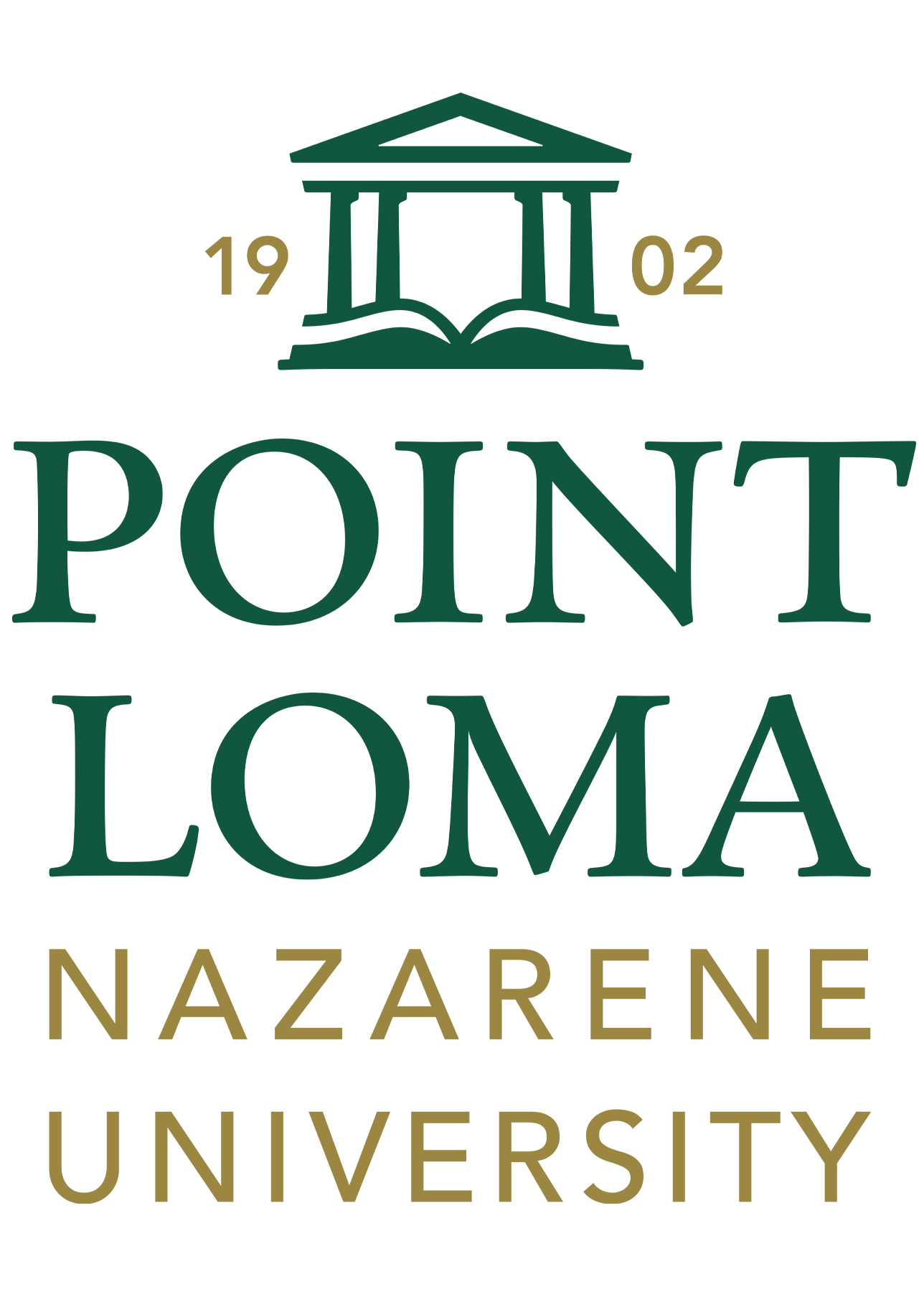
Point Loma Nazarene University
Intelligent Score: 89.37In-state: $37,600
Out-of-state: $37,600
In-state: $11,880
Out-of-state: $11,880
SAT: 1100-1290
ACT: 23-28
$335
Hybrid
WASC Senior College and University Commission
36

Franciscan University of Steubenville
Intelligent Score: 88.86In-state: $29,720
Out-of-state: $29,720
In-state: $12,600
Out-of-state: $12,600
SAT: 1070-1290
ACT: 22-29
$550
Online, On-Campus
Higher Learning Commission
36
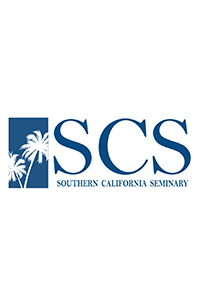
Southern California Seminary
Intelligent Score: 86.31In-state: $29,991
Out-of-state: $36,777
In-state: $44,523
Out-of-state: $44,523
SAT: Not Required
ACT: Not Required
$480
Online, On-Campus
Commission on Accrediting of The Association of Theological Schools
36
How to Choose an Online Master’s in Ministry Program
Choose your area of study
This degree is typically offered as a Master of Arts (MA) or a Master of Divinity (MDiv). When choosing your area of study, you should already have an idea of what you’d like to do after graduation. Depending on whether you plan to become a church minister, chaplain, counselor, or something else, you’ll want to look for programs that allow you to customize your degree with courses and concentrations that will prepare you for your chosen career.
For example, some programs offer specializations in counseling, evangelism, family ministry, pastoral ministries, women’s leadership, or spiritual care. Also, universities often offer internships or field placements, where you can work with a senior pastor, worship leader, or nonprofit organization and gain experience in the overall functioning of a church or ministry.
Research schools and programs
You may want to attend a faith-based university, and the denomination might be important to you, so look for schools affiliated with your preferred church or denomination. Some universities are Christian but non-denominational. Others aren’t affiliated with any religion. If several universities meet your criteria, find out about the programs each offers. Take note of specific concentrations and internships related to your desired career. The following are some other factors you’ll want to consider:
- The university you choose should be officially accredited by agencies recognized by the U.S. Department of Education. This not only affects the quality of education, but it can also impact what financial aid you’re eligible for, employment opportunities, and what other postsecondary programs you can enroll in. For example, the DOE-recognized Association for Biblical Higher Education accredits programs specifically related to ministry and the Bible. If you’ve chosen a faith-based school, it should be recognized by its particular church or religious organization.
- Check to make sure the cost of the program is within the budget you’ve set. You may be able to eliminate some schools right away.
- The school’s location may be a factor to consider. Some programs offer a hybrid option that allows students to take some classes on campus. This is a good way to meet instructors and fellow students. Proximity to the university also lets students participate in clubs and organizations, mentorship programs, special events, or other on-campus activities.
To learn more about any schools that you’re interested in, you can visit the school’s website, contact an admissions counselor, follow the school on social media, or attend an in-person or virtual open house.
Prepare for tests and applications
Students generally don’t need to pass an entrance exam for this degree. There are likely GPA requirements, which students will confirm by submitting a copy of their undergraduate transcripts. You may also need to submit letters of recommendation and a personal statement.
Some universities have rolling admissions, while others have a specific application deadline. Start dates can also vary; at some schools, online and on-campus programs begin simultaneously. Others offer several start dates throughout the year.
Since the application process varies by school and program, you should always contact an admissions counselor to ensure you have the most accurate information regarding requirements and deadlines.
Select your program
When selecting a program, carefully weigh the features of each one. Decide on your priorities as well as where you’re willing to compromise and where you’re not. Make a list, in order of preference, of the schools that fit what you’re looking for. Submit applications for them all. You may be accepted to some programs but not others, so this will give you more options.
Before making your final decision, review your needs and goals again. Do you plan to attend school full-time or part-time? Are you only interested in 100% online programs, or are you fine with a hybrid program that has a few in-person requirements? Some programs offer asynchronous courses, which can be completed at your own pace, while others only offer synchronous courses, which involve remotely attending lectures and completing assignments at the same time as other students — which of these two online learning formats do you prefer? Your school should accommodate your scheduling needs and learning preferences.
Determine how you’ll pay for your degree
The university or other institutions may offer scholarships to the program. Also, check to see what financial aid is available via federal and state loans and grants. Be sure to complete the Free Application for Federal Student Aid (FAFSA). Some students take advantage of work-study programs offered through the university to help pay for their degrees. Beyond these possibilities, if your schedule allows, you can work part-time to help cover your costs. Those who already work in the field should see if their employer offers tuition assistance benefits as well.
Be sure to speak to financial aid counselors at the schools you’re interested in for the most accurate and specific information about program cost.
What Can You Expect from an Online Master’s in Ministry Program?
A master’s in ministry program combines theological and pastoral studies with counseling and administrative concepts. Christian theology and philosophy are included in the curriculum, but so are subjects such as mentoring, conflict resolution, team development, and pastoral caregiving skills.
The degree generally takes two years to complete, but there are many accelerated options for online students. Many programs can be completed entirely online, with no on-campus classes required.
When taking a degree program online, you’ll receive your course material via an online learning platform such as Canvas, Blackboard, or Moodle. Your account will give you access to the program syllabus, course material, assignments, and grades. This student portal also lets you communicate with other students and instructors using message boards and chat features. The learning format can be synchronous, asynchronous, or a combination of both.
Potential courses you’ll take in an online master’s in ministry degree program
- Biblical Interpretation. Students examine the various methods, principles, and approaches to interpreting the Bible. Both the Old and New Testaments are examined.
- History of Christian Thought. This course discusses the evolution of Christian philosophy and theology. Students gain a solid understanding of how these developed and changed over the centuries and became the Christianity we know today.
- Leadership in the Congregation. Ministers and pastors take on leadership roles in their churches, and this course prepares students for this weighty responsibility. They learn about leadership qualities — what they are, how to develop them, and how to implement them within Christian principles and church guidelines.
- Family Ministry. Ministers often take on the role of counselor, and this course teaches students effective methods for conflict resolution within families. Students will study how to combine modern techniques with church teachings to help married couples and children cope with today’s challenges.
What Can You Do With an Online Master’s in Ministry?
Career outlook
In addition to traditional pastoral roles, there are a variety of other career paths available to graduates with an online master’s in ministry. These roles may allow them to impact communities, provide spiritual guidance, and contribute to various aspects of religious and social life. Earning potential may vary based on factors such as location, experience, and specific responsibilities of the role. Here are some common career paths for individuals with advanced education in ministry:
- Social or community service manager — Oversee operations and secure funding for programs that support public well-being.
- Median annual salary: $77,030
- Projected employment growth (through 2032): 9%
- New job openings projected: 16,000 annually
- Social worker — Help individuals and families deal with problems in their everyday lives, such as health, behavioral, and financial issues.
- Median annual salary: $58,380
- Projected employment growth (through 2032): 7%
- New job openings projected: 63,800 annually
- Marriage or family therapist — Help clients work through issues in their family or relationship dynamics.
- Median annual salary: $58,510
- Projected employment growth (through 2032): 15%
- New job openings projected: 5,900 annually
Online Master’s in Ministry Frequently Asked Questions
How do I apply to an online master’s in ministry degree program?
These programs generally require a bachelor’s degree, but most universities don’t require that it be in theology or another religious studies field. While admission to campus-based classes may give preference to those who already have some experience working in a ministry position or related field, this isn’t as much of an issue for online applicants.
Most graduate programs require that applicants have a GPA of at least 3.0 out of 4.0. Transcripts should be provided. Those with a lower GPA may be admitted based on professional experience or strong personal references. It’s always a good idea to speak with an admissions counselor before applying.
How much does an online master’s in ministry degree cost?
The average cost of a master’s degree in ministry is between $10,000 and $23,000. There may be additional fees for books, software and other technology-related requirements, and various university services available to online students.
How long does it take to earn an online master’s in ministry degree?
Most students can complete an online master’s in ministry program in about two years. Many universities offer full- and part-time study options, which will affect how long it takes to earn the degree. A total of 30-39 credit hours is generally required, and this also has a bearing on the total time needed to complete the program.
Is an online master's in ministry worth it?
A master’s in ministry program provides individuals with a deepened understanding of theology, pastoral care, and leadership, preparing them for diverse roles within religious organizations. Graduates gain the expertise to address complex spiritual and social issues, making meaningful contributions to their communities.
One of the key benefits of earning an online master’s in ministry is flexibility. Online programs allow individuals to access course materials, lectures, and assignments from anywhere with an internet connection. This flexibility is particularly advantageous for those juggling ministry responsibilities, community service, or family commitments.

